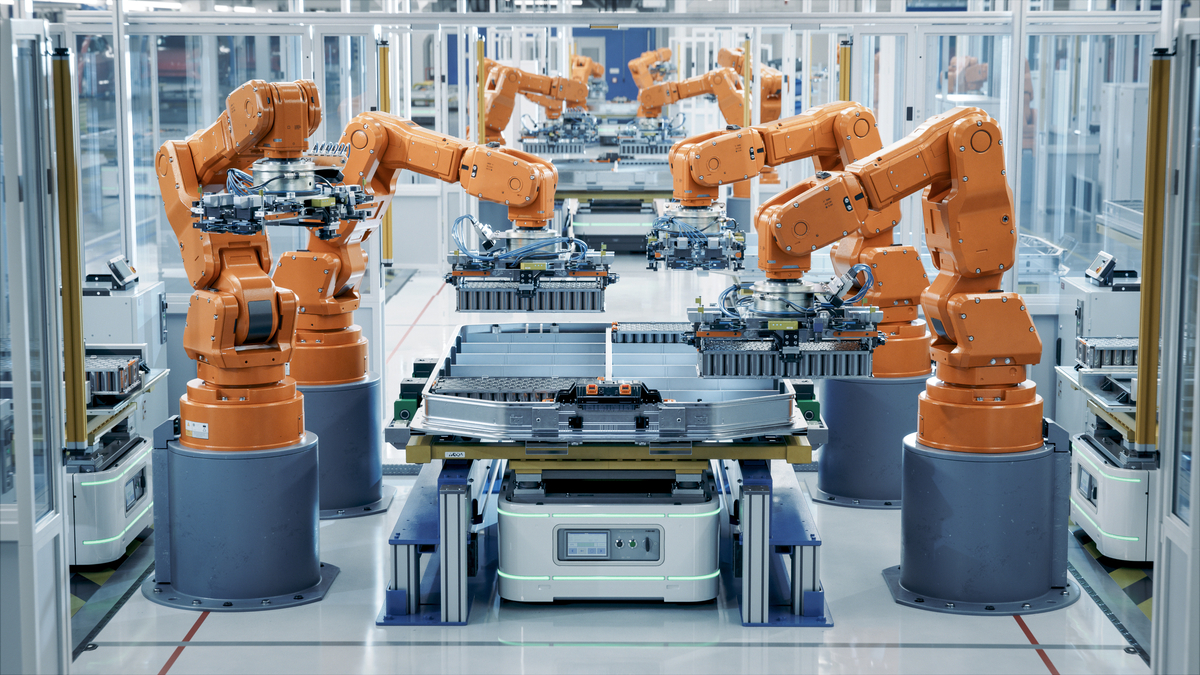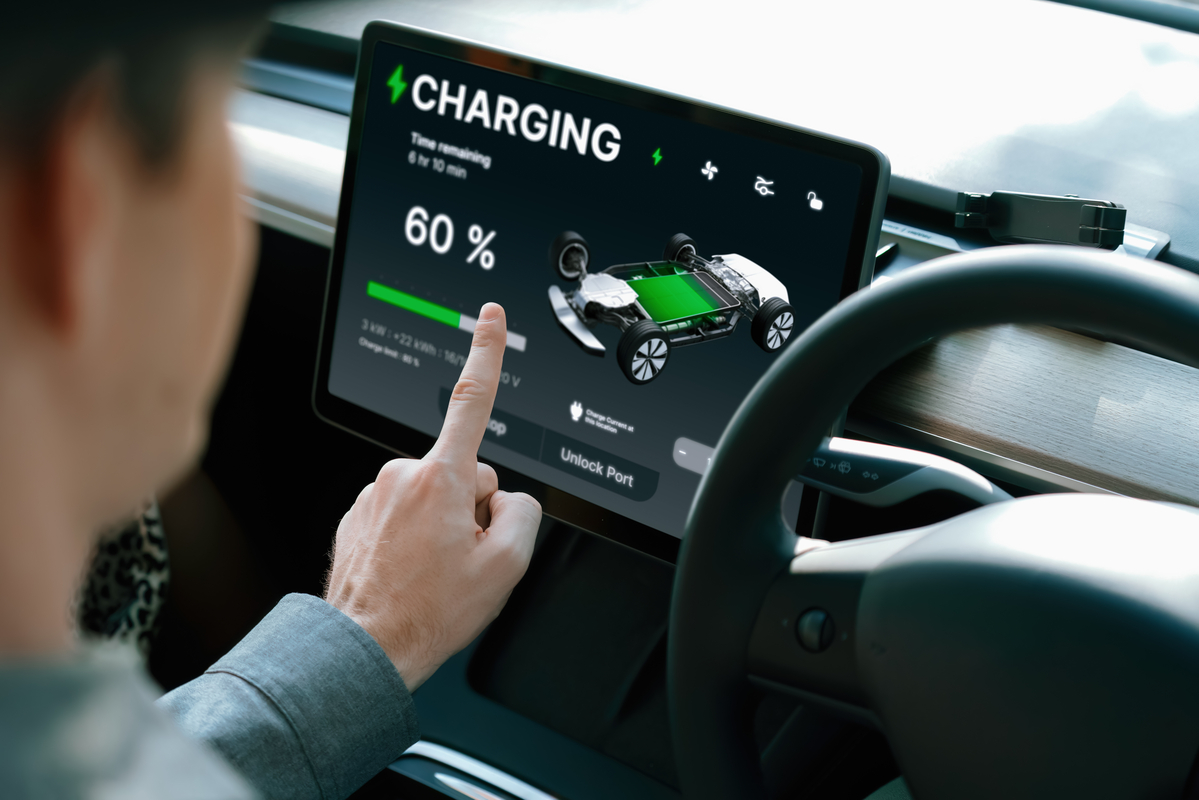
The automotive world, it seems, is in the throes of a mild panic. Having once been all but consumed with the heady ambition to electrify every moving part of the planet, some manufacturers are now frantically dialing down their investment in electric vehicles. The culprit? A confluence of sluggish demand, wilting consumer enthusiasm, and regulatory climates that might as well have been designed by the very bureaucrats they sought to escape. “The transition to electrification will not be linear,” quoth the CEO of Volvo, explaining their decision to ditch plans for a 100% electric lineup by 2030.
This, as one might imagine, is precisely the sort of news that fills Rivian’s executive suite with optimism. While some companies fret and falter, Rivian-a charming little disruptor in the electric vehicle market-plans to launch not one, not two, but three new models by 2026 and 2027. A far cry from the stagnation elsewhere, wouldn’t you say?
Rivian’s CEO Reacts to the Great Gasoline Reprieve
One might reasonably assume that RJ Scaringe, Rivian’s CEO, had a reaction similar to that of a man receiving an unexpected inheritance-a curious blend of disbelief and joy. In June, General Motors, in what one might call a moment of automotive nostalgia, announced it would invest $4 billion into expanding production of gas-powered vehicles. Scaringe, ever the magnanimous visionary, was “blown away” by this development. One imagines that he paused for a moment, either in genuine bewilderment or quiet satisfaction, before noting that this retreat from electrification would “be very bad for the U.S. auto industry.” Quite the understatement, one might say.
But here’s the crux of the matter for Rivian investors: competition, once rife, is now set to dwindle. The forecasts are clear: with fewer automakers betting heavily on electric models, Rivian’s new vehicles will encounter far less direct competition. And this, dear reader, could well remain the case for several years-an eternity in the ever-fickle automotive world.

The Case for Rivian: Patience, Virtue, and Opportunity
In a less-than-subtle critique of the current automotive climate, Scaringe notes that this retreat from electric vehicle investment will create a rather unexpected vacuum of competition. There will, as he puts it, be fewer “pure-play EV-focused companies” like Rivian or Tesla, who are fully dedicated to the electric revolution. One imagines that these companies, isolated in their devotion to electrification, will relish the unoccupied space that their competitors so thoughtlessly vacated. But the benefits, like all things worth having, will require patience. Current market conditions, as one might expect, remain somewhat bleak. But in the long view, Rivian and its electric peers stand to inherit a market where competition is not just thin-it’s almost entirely absent.
The real opportunity, therefore, lies in the investor with the foresight to ignore the clamor of today’s panic-driven market and embrace the slow-burn of Rivian’s strategy. For those willing to wait-and a true wealth builder is always willing to wait-the future holds nothing less than an empty playing field, ripe for the taking. A delightful prospect for those who thrive on patience and long-term vision.
And so, while the industry stumbles, Rivian accelerates toward a future unencumbered by the excesses of its rivals. The present may be turbulent, but the future? The future belongs to the patient. 🚗
Read More
- Gold Rate Forecast
- 2025 Crypto Wallets: Secure, Smart, and Surprisingly Simple!
- The 10 Most Beautiful Women in the World for 2026, According to the Golden Ratio
- ETH PREDICTION. ETH cryptocurrency
- HSR 3.7 story ending explained: What happened to the Chrysos Heirs?
- Top 15 Insanely Popular Android Games
- Games That Faced Bans in Countries Over Political Themes
- ‘Zootopia 2’ Wins Over Critics with Strong Reviews and High Rotten Tomatoes Score
- The Best Actors Who Have Played Hamlet, Ranked
- Here Are the Best TV Shows to Stream this Weekend on Paramount+, Including ‘48 Hours’
2025-08-28 17:47